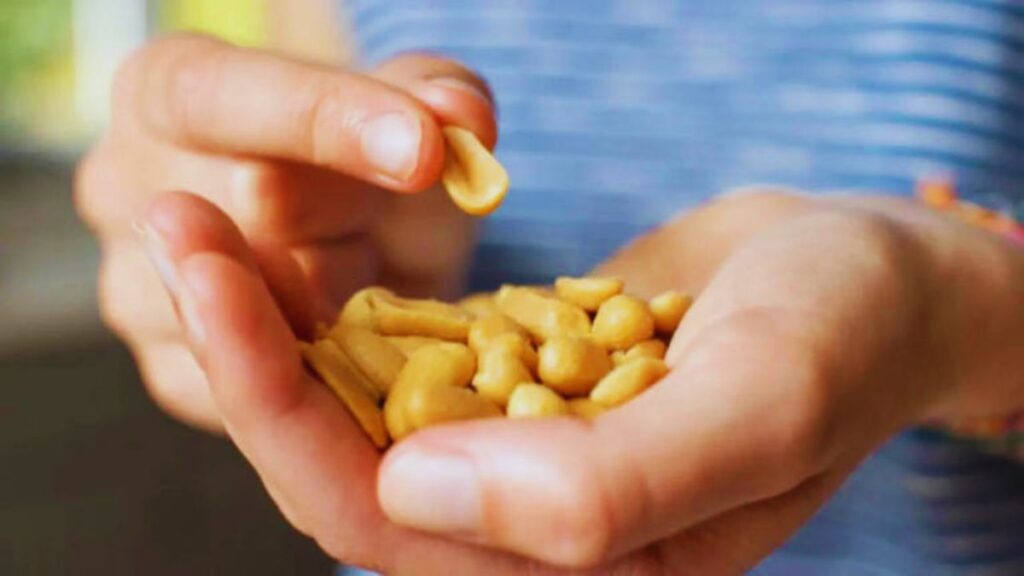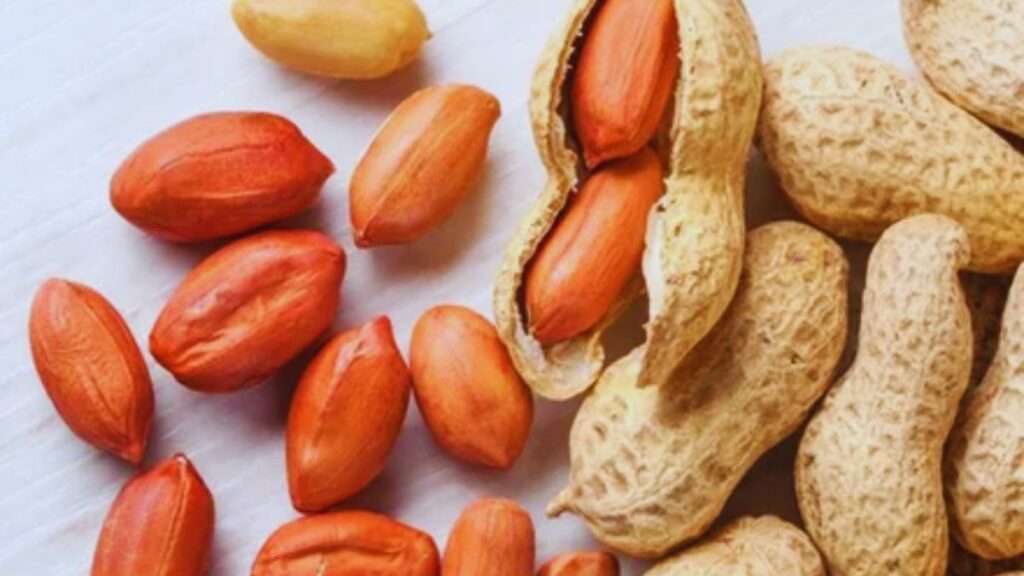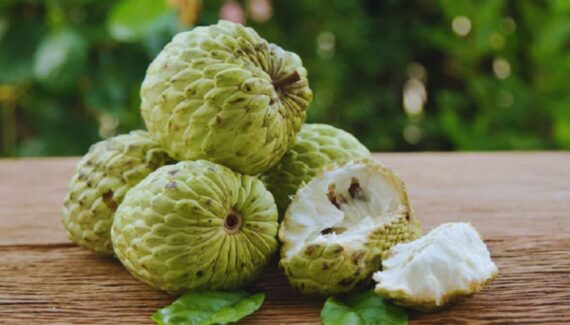Come winter, peanuts become a popular snack across India — crunchy, satisfying, and loaded with nutrients.
They’re one of the most affordable sources of plant-based protein, healthy fats, and dietary fibre. Peanuts help boost heart health, improve metabolism, and keep you full for longer. However, health experts are raising concerns about the link between peanut consumption and liver damage, caused by a toxic compound called aflatoxin — produced by certain fungi when peanuts are stored or processed improperly.
What Are Aflatoxins?
Aflatoxins are naturally occurring toxins produced by specific molds, mainly Aspergillus parasiticus. These fungi grow on crops like peanuts, corn, and tree nuts, especially in warm, humid conditions. Aflatoxins are heat-stable, meaning they can survive cooking or roasting, making contamination a serious global food safety issue.
Among the six types of aflatoxins — B1, B2, G1, G2, M1, and M2 — Aflatoxin B1 is the most toxic and highly carcinogenic (cancer-prone). It primarily attacks the liver, causing acute poisoning marked by jaundice, vomiting, abdominal pain, and liver failure.
The Dangers of Long-Term Aflatoxin Exposure
Even small, consistent doses of aflatoxin over time can cause chronic liver damage. Research shows that people exposed to aflatoxins are 2.5 times more likely to develop liver cirrhosis than those who aren’t.
Other long-term health impacts include:
- Increased risk of liver cancer
- Growth retardation and developmental delays in children
- Weak immunity and susceptibility to infections
- Metabolic disorders and nutritional deficiencies
The danger is higher in regions where malnutrition and poor food storage practices are common.

Why Peanuts Are Highly Prone to Mold
Peanuts grow underground, which naturally exposes them to soil-borne fungi. Their porous shells allow moisture and air to pass through easily, making them ideal hosts for mold growth.
Key reasons for fungal contamination:
- Soil Exposure: Fungal spores in the soil attach to peanut pods.
- Moisture Absorption: Improperly dried peanuts absorb humidity from the air.
- Poor Storage: High heat and humidity accelerate mold formation.
- Cracked Pods: Physical damage or drought conditions create openings for fungi.
- Climate Change: Environmental stress increases fungal susceptibility.
Experts recommend proper drying, shelling, and storage to keep aflatoxin levels under control.
What Happens When You Eat Too Many Peanuts
While peanuts are packed with nutrients, overindulgence can lead to several health issues:
- Digestive Problems: Excess peanuts may cause bloating, gas, and indigestion.
- Weight Gain: They are calorie-dense and can contribute to fat accumulation.
- Mineral Interference: Overconsumption may reduce zinc and iron absorption.
- Allergic Reactions: People with peanut allergies may experience severe symptoms.
- High BP: Salted peanuts raise sodium intake and BP levels.
- Toxin Exposure: Moldy peanuts can contain aflatoxins, damaging the liver.
How to Eat Peanuts Safely
To continue enjoying peanuts without health risks, follow these expert-backed tips:
- Buy from trusted brands only that meet food safety standards.
- Store in a cool, dry place to prevent moisture buildup.
- Inspect before eating — discard the discoloured or musty-smelling nuts.
- Roast thoroughly to reduce potential fungal contamination.
- Moderation is key: A handful (about 30 grams) a day is considered healthy.

Peanuts are undoubtedly one of the healthiest and most economical snacks. But improper storage or excessive consumption can turn this superfood into a liver health hazard due to aflatoxin contamination. Being mindful about where you buy peanuts, how you store them, and how much you eat can help you enjoy their nutritional benefits safely. With a little care, peanuts can remain a delicious, protein-packed part of your winter diet — without putting your liver at risk.
FAQs on Peanuts and Liver Health
1. Are peanuts bad for liver?
Not necessarily. Peanuts are healthy when stored properly and eaten in moderation. However, moldy or improperly stored peanuts may contain aflatoxins that can damage the liver over time.
2. How many peanuts per day are safe to eat?
Around 25–30 grams (a small handful) of unsalted roasted peanuts daily is considered a safe and healthy portion for most adults.
3. Who should avoid peanuts completely?
People with peanut allergies, severe digestive issues, or hypertension (if eating salted peanuts) should avoid or limit their intake.



